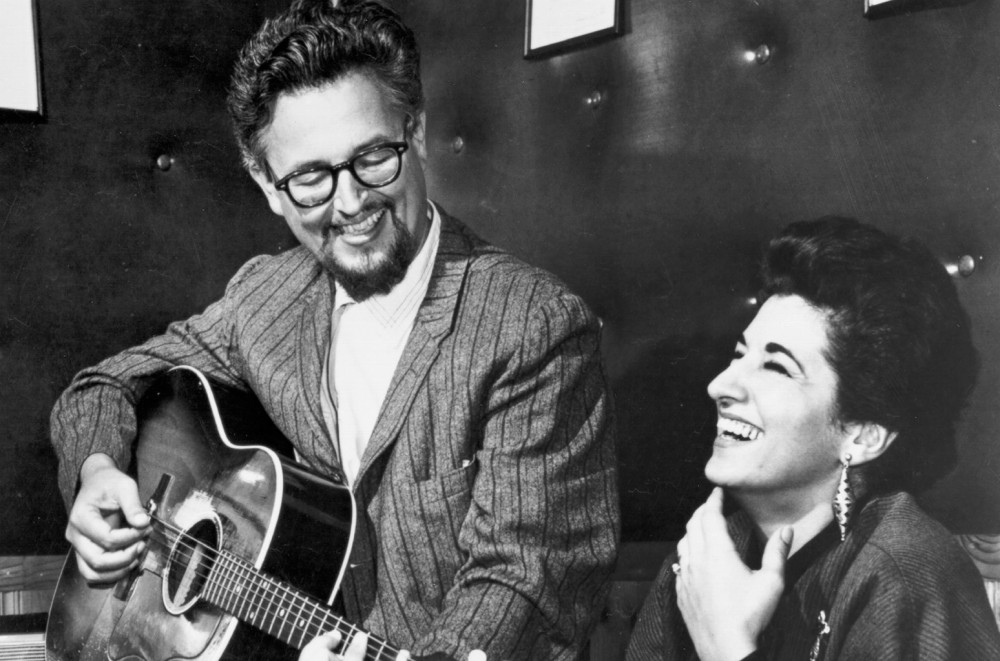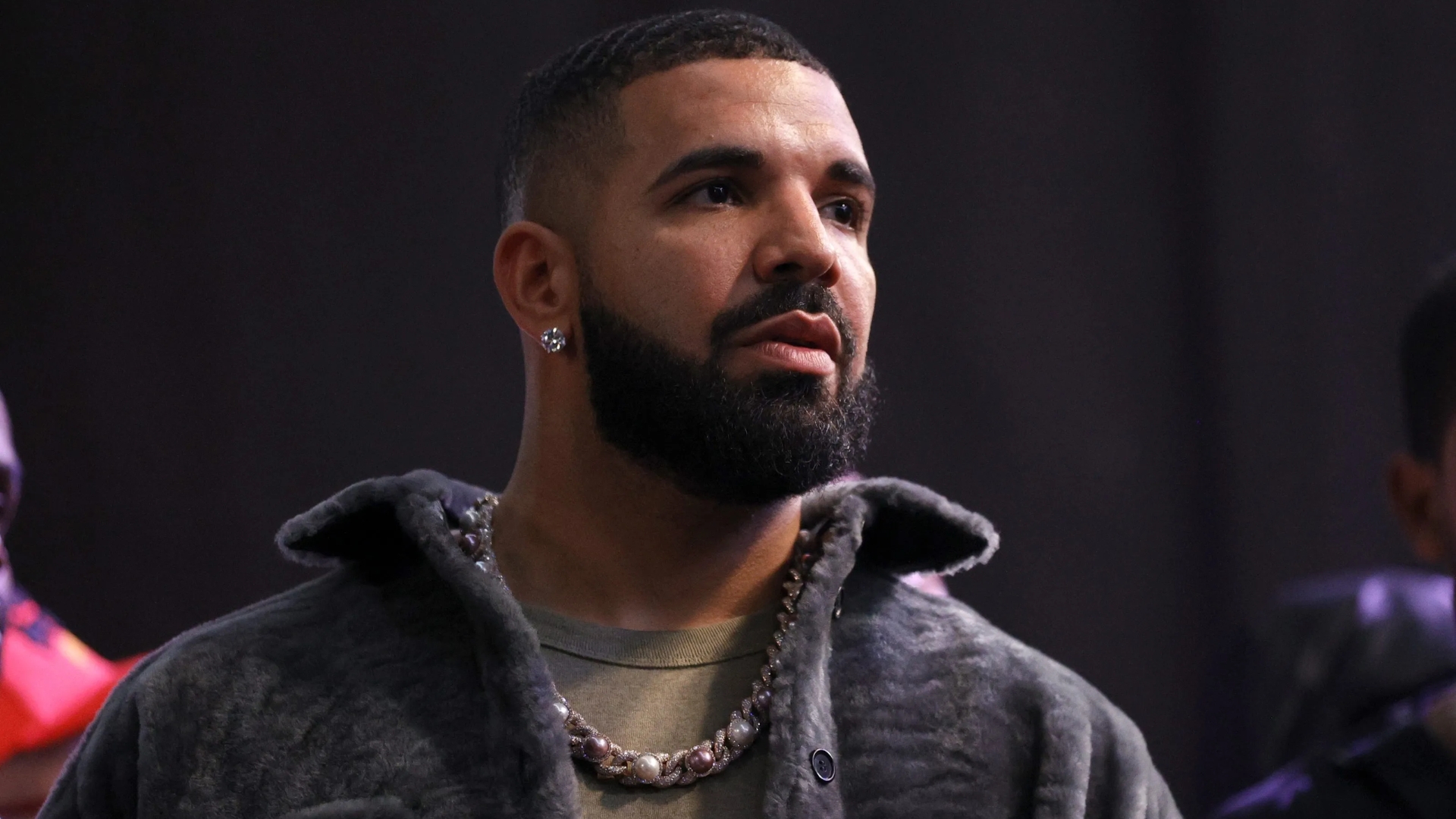They're present every time you hear "Love Hurts" in the Aspercreme commercial. Or when "Rocky Top" plays at a Tennessee Volunteers game on TV. And they were there when Jake Gyllenhaal and Rufus Wainwright sang "All I Have to Do Is Dream" during an American Songbook concert at New York's prestigious Lincoln Center.
Felice and Boudleaux Bryant were among Nashville's first full-time songwriters and the first full-time songwriters inducted into the Country Music Hall of Fame. Thursday marks 100 years since Boudleaux was born in Moultrie, Georgia, and the couple will get its due that evening with a tribute concert at Schermerhorn Symphony Center in Nashville.
The Bryants left a deep legacy, writing songs that propelled the careers of The Everly Brothers, Little Jimmy Dickens, Roy Clark, Charley Pride, The Osborne Brothers and Ray Price. Not that they were confined to country and bluegrass — the Bryants' works also appear in the catalogs of R&B icons Ray Charles and Ruth Brown, rock bands R.E.M. and Nazareth, traditional pop crooners Dean Martin and Al Martina, and rock-era pop figures Carly Simon, Leo Sayer and Simon & Garfunkel.
"Some of the stuff is just clever wording and internal rhymes, really like writing Broadway things — that's what they thought they were doing," says Del Bryant, a former BMI president/CEO who runs his parents' publishing company, House of Bryant, with brother Dane Bryant. "They didn't start out thinking they were going to be country writers, and Dad never told anybody, 'You're a country writer' or 'You're this or that.' They thought, 'We're songwriters. We'll write anything.' "
It's that Broadway mentality that drove the Bryants and thus set the template for the songwriting community in Music City. Tin Pan Alley songwriters fed the Great White Way music for decades, holing up in Manhattan enclaves and churning out songs on a 9-5 basis. The Bryants took a similar approach to the craft. But rather than sitting in Music Row cubicles, they did the bulk of their work at home, often with Boudleaux manning the notepad as Felice traded melodies and phrases from the kitchen while she cooked.
They treated their writing very much like a business, compiling their lyrics in a series of 500-page accounting ledgers, where they kept fastidious notes about what artists had recorded them. They wrote regularly across four decades, filling multiple ledgers, some of which are on current display in a Country Music Hall of Fame exhibit, "We Could: The Songwriting Artistry of Boudleaux and Felice Bryant."
"My folks knew volume was a friend," says Del. "Eventually, you would find jewels."
The Bryants found inspiration in every way imaginable. They penned "Rocky Top" in 10 minutes as a diversion from a concept album of songs about growing old they were fashioning for Archie Campbell. "We Could" was Felice's birthday present to Boudleaux when they had no money. "Bye Bye Love" was carved out with an unconventional rhythm machine.
"He says, 'Felice, I got this great idea,' " recalls Del. "They go out driving, and they start writing the idea he had, 'Bye Bye Love,' to the windshield wipers. Dad wrote a lot to windshield wipers' rhythm in the car. If it was raining, man, there was a song coming on."
The couple was an interesting amalgam, a progressive pair who came from significantly different backgrounds. Felice grew up a passionate Sicilian with a difficult family life in Milwaukee. At age 8, she had the first of many dreams about an unidentified man with a beard. It was, it turned out, Boudleaux, whom she encountered on Valentine's Day 1945, a day after he turned 25, when she worked at the Schroeder Hotel. Boudleaux was playing violin for a touring classical quartet, and their seemingly predestined meeting led the couple to informally marry within a few days, later tying the knot officially in September.
Boudleaux was a speed reader — he often knocked out a book daily in a 90-minute clip — and he was obsessed with words, owning a collection of dictionaries from multiple languages. His boys tried to find words that he did not know — they never did stump him — though he and Felice were able to hone his wide vocabulary into notably conversational songs.
Del discovered how significant that was during his time at BMI. He had access to reams of data for more than 15 million musical works and recognized that his parents came to prominence while writing songs with much shorter titles than their peers. They were the first to have BMI songs with such streamlined titles as "Bye Bye Love," "We Could," "Love Hurts" and "Raining in My Heart."
"They took very, very commonplace experiences that many people could associate with and nailed them in the title for the first time," says Del. "And that's part of the magic."
Felice and Boudleaux spent much of their later years in Gatlinburg, Tennessee. When a forest fire threatened the physical remnants of their legacy in November 2016, Del and Dane organized the collection and donated it to the Hall of Fame, providing greater security for the memories from one of songwriting's most influential duos.
The Everlys' driving "Wake Up Little Susie," Ricky Van Shelton's propellant "Hole in My Pocket," Clark's lush "Come Live With Me" and Red Foley's bluesy "Midnight" covered a wide range of turf, helping country develop a diverse footprint.
The Schermerhorn concert on Thursday likewise will reach across genres. The Nashville Symphony provides an orchestral undercurrent, while Jamey Johnson adds an outlaw-country flavor, The Milk Carton Kids offer folky harmonies, The War and Treaty bring rootsy soul, The McCrary Sisters contribute gospel textureand Steve Tyrell injects a classic pop vibe. And The University of Tennessee's Pride of the Southland Band is assuredly kicking in a round of "Rocky Top." It's a fitting approach to Boudleaux's centennial.
Del says, "We're trying to do exactly what my parents' music did: appeal to a wide audience."
This article first appeared in the Billboard Country Update newsletter. Click here to sign up for free.



